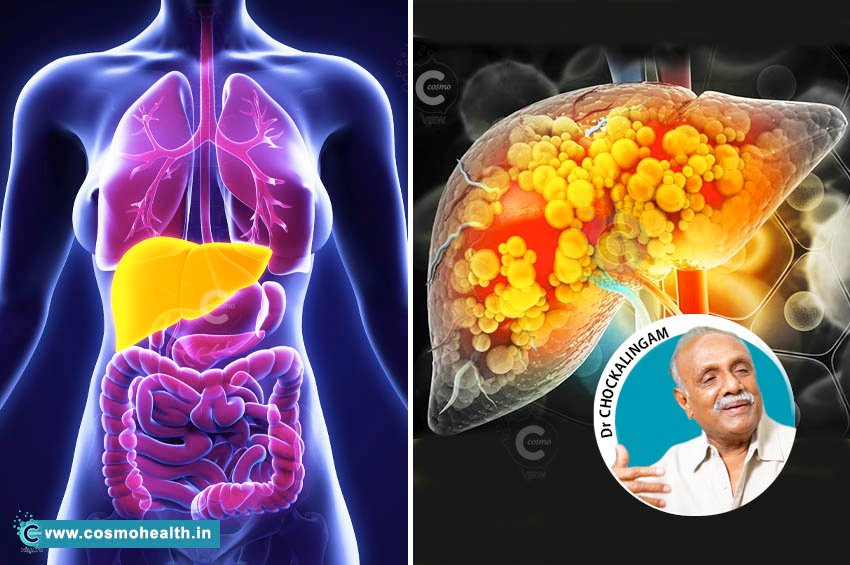Intermittent fasting has taken the health and wellness world by storm, with many praising its numerous benefits for physical and mental health. This dietary approach not only aids weight loss but also promotes cellular repair and can even extend longevity. But what exactly does intermittent fasting entail? In this article, we will explore its core principles, benefits, and how to implement it effectively for a healthier lifestyle.
Intermittent fasting (IF) is not about what to eat but rather when to eat. It involves alternating periods of eating and fasting, allowing the body to use stored energy more efficiently and promoting various physiological benefits.
The Historical Context
Historically, humans have practiced cycles of fasting. For thousands of years, our ancestors relied on hunting and gathering, which did not guarantee a steady food supply. This means that their bodies naturally adapted to periods without food, making intermittent fasting a part of human history and evolution. Nowadays, however, with food being readily available, many of us struggle with overeating, leading to various health issues. In recent discussions in the health community, experts have highlighted that this change in food availability has significant implications for modern health.
The Core Principles of Intermittent Fasting
Intermittent fasting typically follows a simple guideline: you cycle between periods of eating and fasting. Here are a few popular methods:
- The 16/8 Method: This approach involves an eating window of 8 hours followed by a fasting period of 16 hours. A common approach is to eat between 12 PM and 8 PM and fast from 8 PM to 12 PM the next day.
- The 5:2 Diet: In this regime, you eat normally for five days a week and restrict caloric intake to about 500-600 calories on the other two non-consecutive days.
- Alternate-Day Fasting: This method involves alternating between fasting days (consuming very few calories) and eating days.
- Eat-Stop-Eat: This method includes fasting for a full 24 hours, once or twice a week.
Fasting and Eating Windows
To implement intermittent fasting effectively, understanding and adhering to your eating and fasting windows is crucial. For example, if practicing the 16/8 method, one might eat dinner at 7 PM and not consume anything but water until the next day at noon.
Benefits of Intermittent Fasting
Here are some of the major health benefits associated with intermittent fasting:
- Weight Loss: By limiting the eating window, many people naturally consume fewer calories, leading to weight loss. Additionally, fasting periods allow insulin levels to lower, facilitating fat burning.
- Improved Metabolic Health: Intermittent fasting has been shown to reduce insulin resistance, lower blood sugar levels, and even improve cholesterol levels.
- Cellular Repair and Longevity: During fasting, cellular repair processes, such as autophagy, intensify—cleaning out damaged cells and promoting healthier ones. Some studies suggest that intermittent fasting can lead to a longer lifespan.
- Reduced Inflammation: Fasting has been linked to lowering inflammation and improving various biomarkers of chronic diseases.
- Enhanced Brain Function: It can enhance brain health by increasing the production of brain-derived neurotrophic factor (BDNF), which has been linked to better cognitive function and resilience against neurodegenerative diseases.
Practical Tips for Implementing Intermittent Fasting
- Start Slow: If you’re new to fasting, start with shorter fasting intervals, gradually increasing as you grow accustomed.
- Stay Hydrated: Drink plenty of water and minimize dehydration during fasting periods. Herbal teas and black coffee can also be consumed, as long as they are unsweetened.
- Be Mindful of Nutrition: During your eating windows, focus on nutrient-dense foods. Incorporate plenty of vegetables, lean proteins, healthy fats, and whole grains into meals to ensure adequate nutrition.
- Avoid Unhealthy Foods: Resist the temptation to binge on unhealthy, sugary foods during your eating windows. This negates the benefits of fasting.
- Listen to Your Body: While intermittent fasting can be beneficial, it may not be suitable for everyone. If you feel unwell or excessively fatigued, it’s essential to adjust your eating plan or consult with a healthcare professional.
- Get Professional Advice: Consult a doctor or a certified dietitian before beginning any fasting regimen, especially if you have underlying health conditions or take medications.
Conclusion
Intermittent fasting is more than just a diet; it's a way of approaching eating strategically for better health and longevity. By understanding its principles and implementing it mindfully, individuals can leverage this technique for significant health benefits. Start today by exploring fasting protocols that resonate with you, and embark on a journey toward improved wellbeing.
Want to dive deeper into the impact of nutrition on intermittent fasting and explore detailed guidelines? Confirm with your healthcare provider or a nutrition expert to tailor a fasting plan best suited for you. The right approach can transform your health journey!




